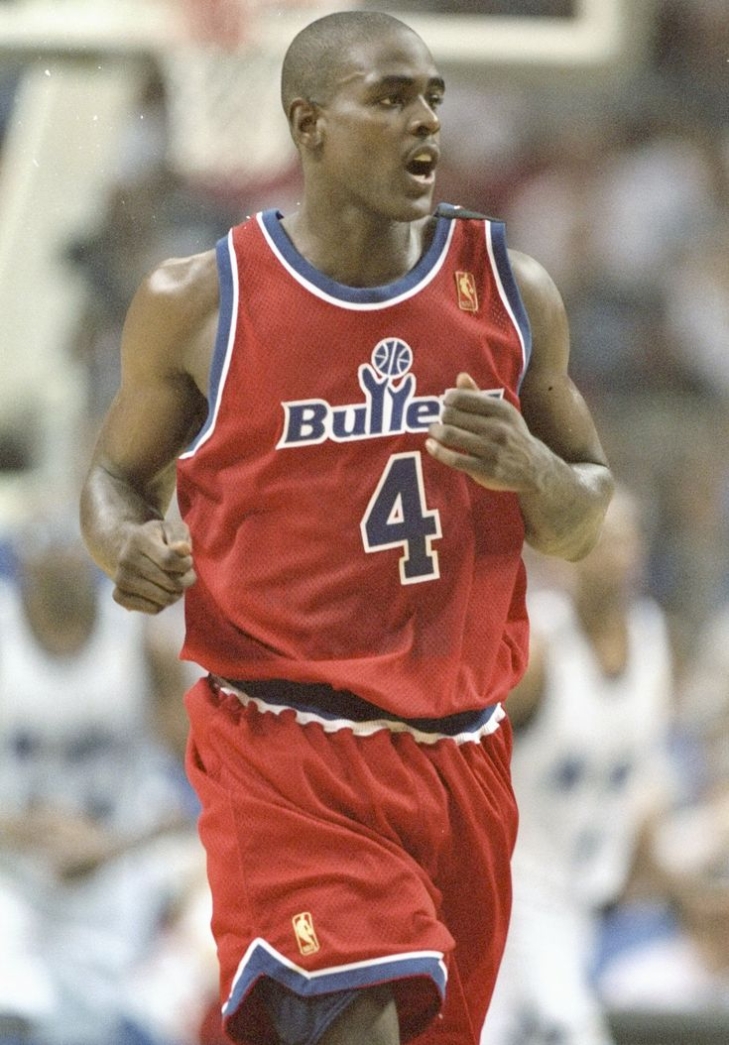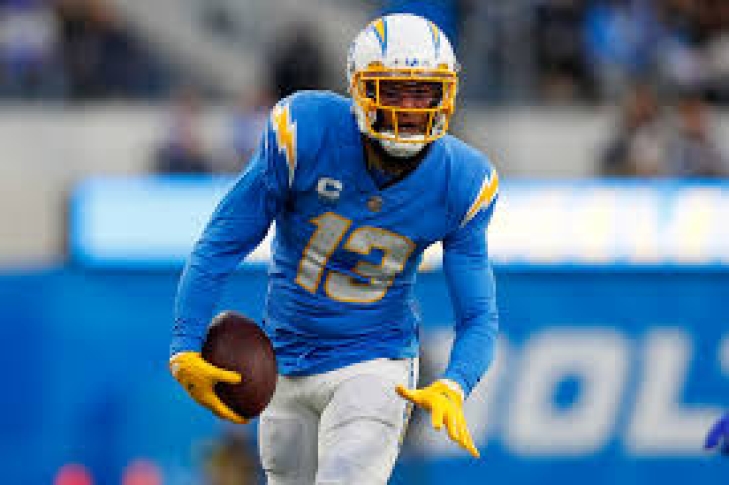
Committee Chairman
226. Wayne Simmonds
Wayne Simmonds contributed significantly to the legacy of black hockey players, and for a while, he was one of the top scoring threats for the Philadelphia Flyers.
Simmonds started his NHL career with the Los Angeles Kings after being drafted in the Second Round in 2007. Only a year later, he made it to the main roster. Despite showing promise, the Kings considered him expendable and traded him to the Flyers for veteran Mike Richards as part of their push for the Stanley Cup.
Simmonds received more ice time in Philadelphia, where he was adored for his scoring, hitting, and fighting abilities. Between 2013-14 and 2016-17, he had a four-year run in which he scored at least 50 points (60 in two of those years) and racked up over 100 penalty minutes four times. Simmonds also emerged as a locker room leader with the Flyers, and he was finally selected to the All-Star Game in 2017, where he represented Philadelphia well and was named the game’s MVP.
With Philadelphia on the decline, Nashville traded for the winger (who was in his contract year) in 2019, hoping to add his grit and veteran presence. Simmonds became the first player to win the Mark Messier Leadership Award while playing for two different teams. After that, he signed with New Jersey and concluded his career with brief stops in Buffalo and three years in Toronto.
He scored 526 goals in 1,037 games over his career.
Tomas Plekanec
Tomas Plekanec played most of his NHL career with the Montreal Canadiens, where he played 15 seasons and 984 of his 1,001 Games. While he was not a superstar, he did have 608 career Points, with six seasons scoring at least 50. Plekanec was a good two-way player and finished as high as seventh in Frank J. Selke in one year and received votes five other times. He played for the Habs until he was traded to Toronto in 2018, though he did come to Montreal for three Games in 2018-19.
After that brief return to Montreal, Plekanec returned to the Czech league until he retired in the 2022-23 Season.
The Hockey Hall of Fame is not likely to call his name, but he has an outside shot for the IIHF Hall of Fame, as he represented the Czech Republic in two Olympics, one World Cup and eleven World Championships.
Shining the spotlight on Chris Webber's journey to the Hall of Fame
The saga of Chris Webber’s induction into the Hall of Fame reads like a script out of a sports drama - complete with incredible highs, challenging lows, and a career that, while celebrated, often sparked debate over its recognition at the highest level. In the world of nba selections, where talent abounds and competition is fierce, getting a nod to the Hall of Fame is a testament to a player's outstanding contributions to the game. Chris Webber's journey there is a tale worth telling, illustrating not just his on-court prowess but the intangible ways in which he left an indelible mark on the sport.
Understanding the puzzle of recognition
The Hall of Fame serves as the pinnacle of acknowledgement for basketball players, a symbol of their impact and legacy. For Chris Webber, whose career spanned 15 rollercoaster years, the road to recognition was fraught with anticipation. Despite being a five-time NBA All-Star and a pivotal member of the Sacramento Kings, where he propelled the team to new heights, his journey to the Hall of Fame recognition was a lengthy process, filled with debates among fans and analysts alike. His impact, undeniably significant, was measured against the backdrop of basketball’s ever-evolving landscape and the myriad of stars vying for this honor.
Webber’s undeniable mark on the game
Chris Webber's career was distinguished by more than just numbers, though his statistics are impressive. Beyond the points, rebounds, and assists, it was Webber's ability to redefine the power forward position that stood out. His versatility allowed him to be effective everywhere on the court, making him one of the first in a new breed of players who could do it all. This adaptability not only made him a formidable opponent but also shifted the paradigm for how players in his position would be viewed in the future. Webber's signature games, especially during the early 2000s with the Sacramento Kings, left fans in awe and solidified his place as one of the most talented players of his generation.
The ongoing debate over Hall of Fame worthiness
For years, the discussion around Chris Webber's Hall of Fame candidacy was a hot topic. Critics pointed to the absence of an NBA Championship ring as a significant gap in his resume. However, supporters argued that focusing purely on championships undermines the individual impact a player can have on the game. They highlighted Webber's leadership, both on and off the court, as well as his role in changing how the power forward position was played. Moreover, Webber’s contributions extended beyond the hardwood floors; his work as a broadcaster and analyst has enriched the game's narrative, providing insights that only a player of his caliber could offer.
A legacy beyond the statistics
When Chris Webber was finally inducted into the Hall of Fame in 2021, it was a moment of validation not just for him but for those who advocate for a more nuanced approach to evaluating legacy. Webber's journey emphasizes that contribution to the sport isn’t solely about accolades or championships. It's about influence, innovation, and the ability to inspire the next generation. These are the markers of true greatness, the components that, when woven together, create a Hall of Fame-worthy career. Chris Webber's story, from his early days in Michigan to his profound impact in the NBA, serves as a reminder that the path to recognition is varied and filled with lessons that transcend the game.
Chris Webber's induction is not just a personal triumph but a celebration of basketball's rich and diverse history. It’s a testament to how players can shape the game in myriad ways, touching lives and inspiring countless individuals both on and off the court. As future generations look back on Webber’s career, they’ll find a player who embodied the spirit of the sport, who played with heart, and whose legacy extends far beyond the boundaries of a basketball court.
3 Key NFL Offseason Trades and Their Impact on the 2024 Season
The 2024 NFL offseason is far from over, and it’s already given us plenty of fireworks. There have undoubtedly been some massive free-agent signings, and the upcoming NFL draft looms large with tons of top-end talent. In the meantime, sports fans can look forward to betting opportunities with welcome no-deposit bonus offers explained at Overtime Heroics to stay engaged for the upcoming season.
And now, let’s take a look at 3 of the biggest NFL offseason trades so far as well as their potential impact on the 2024 season and beyond.
1. Keenan Allen to the Chicago Bears
Bears Receive: WR Keenan Allen
Charger Receive: 2024 4th Round Pick (no. 110 overall)
Not wanting to make the same mistake that the Panthers did with Bryce Young last season, the Bears made a wise move to acquire 6x Pro-Bowler Keenan Allen for just a 4th-round pick.
Allen dealt with some injury problems in 2022 but bounced back hugely with arguably a career-best season in 2023, putting up 108 receptions, 1243 yards, and 7 touchdowns as Charges QB Justin Herbet's #1 option. He might be on the wrong side of 30, but the former California Golden Bear has been one of the most reliable high-volume pass catchers in football since 2017 and should benefit from the decreased workload playing next to DJ Moore in Chicago.
Moore and Allen will immediately give the Bears one of the best-receiving pairs in the league and should make life a whole lot easier for presumptive #1 pick Caleb Williams.
2. Brian Burns to the New York Giants
Giants Receive: EDGE Brian Burns
Panthers Receive: 2024 2nd Round Pick (No. 39), 2024 5th Round Pick Swap, 2025 5th Round Pick
The New York Giants might not have Super Bowl ambitions, but this is a great move to not just shore up the front of their defense, but mold it into an elite unit. Burns is one of the most underrated pass rushers around, making the Pro Bowl 2 of the last 3 seasons on a Panthers front line that didn’t give him a whole lot of help.
In the Big Apple, Burns will be getting a ton of extra 1-on-1 matchups as teams will be forced to double All-Pro Dexter Lawerence in the middle. Alongside 2022 7th overall pick Kayvon Thibodeaux, the Giants should be fine getting to the quarterback next season and beyond, freeing up more resources to fix their dysfunctional offense.
3. Joe Mixon to the Houston Texans
Texans Receive: RB Joe Mixon
Bengals Receive: 2024 7th Round Pick (244th Overall)
Although Mixon was already out the door in Cincy, the Texans paid a 7th-round pick to guarantee his services. The veteran running back has tons of playoff experience with the Bengals, including a run to Super Bowl LVI, and is a reliable pass catcher who can make plays out of the backfield.
Mixon will turn 28 next season which is pretty old in RB years, but he shows no sign of slowing down, breaking the 1400 yards from scrimmage mark for the 4th time last season. The 1x Pro Bowler should be a reliable backfield option and a great security blanket for budding star QB CJ Stroud as the Texans try to cement themselves as a consistent playoff team.





